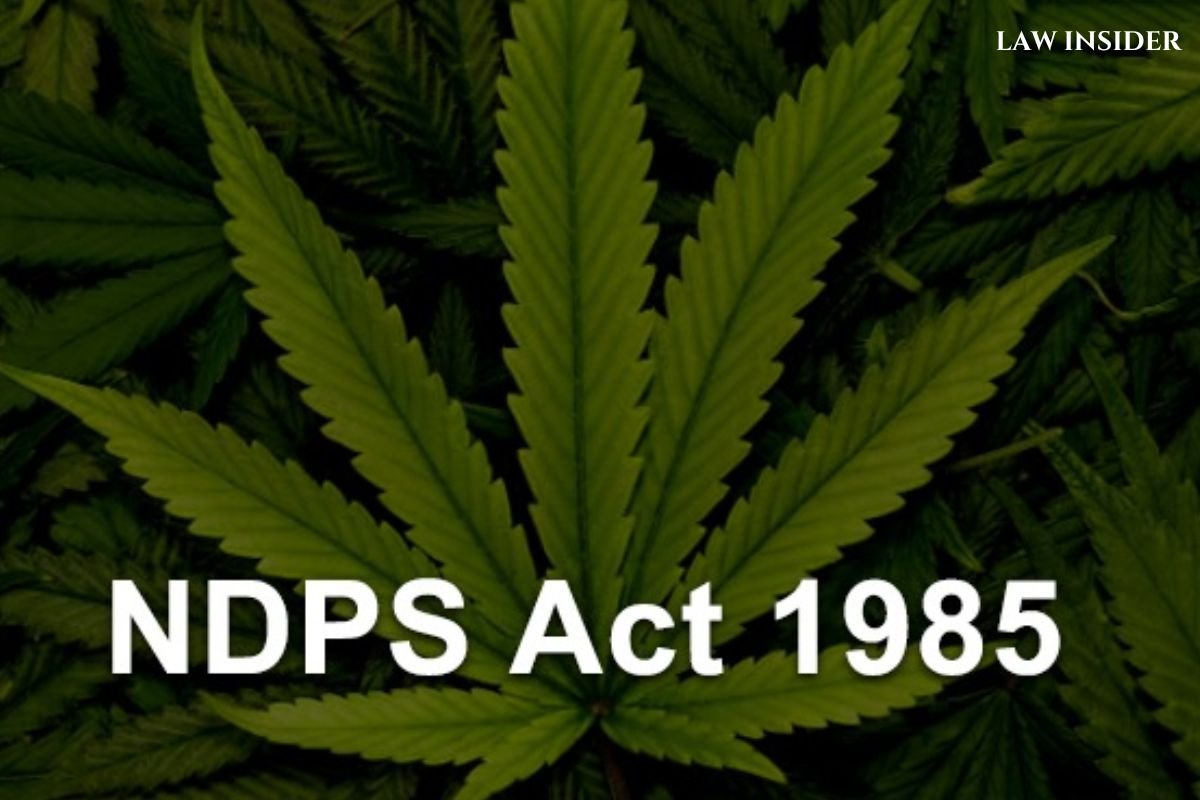LI Network
Published on: 28 July 2023 at 09:44 IST
The Supreme Court has emphasized that the process of drawing samples under Section 52-A of the Narcotics Drugs and Psychotropic Substances Act, 1985 (NDPS Act) must be conducted in the presence and under the supervision of a Magistrate.
The Court further stated that the entire procedure of collecting the sample must be certified by the Magistrate to be accurate.
A division bench consisting of Justice Abhay S Oka and Justice Rajesh Bindal reiterated this principle while hearing an appeal filed by an individual who had been convicted under Section 15 of the NDPS Act for possessing poppy husk.
The appellant had previously appealed to the High Court, but the appeal was dismissed, prompting him to approach the Supreme Court.
The appellant argued that the prosecution’s case was flawed as the sample-drawing process was not carried out in accordance with Section 52A of the NDPS Act. It was contended that the samples were drawn immediately after seizing the contraband by PW-7.
In response, the Supreme Court referred to its decision in the case of Union of India v. Mohanlal & Anr (2016) 3 SCC 379, wherein it was clarified that the NDPS Act does not require samples to be taken at the time of seizure.
Instead, the drawing of samples must occur before a Magistrate. Given that seizures often occur in the absence of a Magistrate, the need to draw samples at the time of seizure does not arise.
The Court highlighted that the samples drawn and certified by the Magistrate serve as primary evidence during the trial.
The Supreme Court found that the prosecution’s procedure in this case did not conform to the law established in the Mohanlal case. PW-7’s act of drawing samples from all the packets at the time of seizure was not in accordance with the Supreme Court’s precedent. This raised doubts about the prosecution’s claim that the recovered substance was indeed a contraband.
As a result, the Court allowed the appeal and overturned the appellant’s conviction and sentence. It was held that the prosecution’s case was not free from suspicion and had not been proven beyond a reasonable doubt.
Consequently, the impugned judgments were set aside, and the conviction and sentence of the appellant were quashed.

